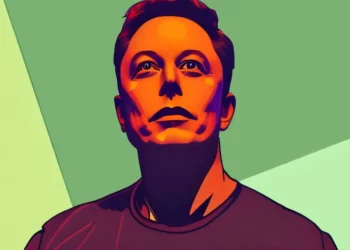Yesterday, it was passed, and eventually the new policy, which classifies artificial intelligence, on the basis of the level of risk. The council of Europe, the country that has adopted the treaty in the first legally-binding international in connection with the use of technology in both the public and private sectors.
What envisions the Treaty of THEM?
The council of Europe is not to be confused with the Council of the European Union and the European Council, is an international organization, the object of which is to promote democracy, human rights, the rule of law in Europe. The open also to the countries of the non-european, set a legal framework that covers the entire life-cycle of the systems in IT and address the risks that may be present systems, such as promoting innovation in the account.
It is the result of the work two years to be carried out by the Committee for Artificial Intelligence (CAI), which brought together 46 member states of the Council of Europe and the European Union, and the 11 states of the non (Argentina, Australia, Canada, Costa. Rica, Japan, Israel, Mexico, Peru, the Holy See, the United States of America, and Uruguai), as well as representatives from the private sector, civil society, and academia, who attended as an observer.
The convention sets out the requirements of the transparency, and control to be adapted to the contexts and specific risks, including the identification of the content that's generated by the systems, HE said. The public and private sector will need to take measures to identify, prevent, and mitigate the risks of potential, noting the need for a moratorium, stopping, or the action of any other right, unless the use of the system, IT can present risks that are incompatible with the rules applicable to the protection of human rights.
The treaty includes an obligation to ensure that the systems HE has to respect the equality, including gender equality, the prohibition of discrimination and the protection of privacy. The parties who join the european union will also need to ensure the availability of legal remedies and guarantees in view of the victims of the violations of human rights associated with the use of the systems, HE said.
The convention provides for a number of notable exceptions. It does not apply to activities related to the protection of the interests of national security issues, national defense, and the activities of research and development in this area, except in the case where the testing of the system, HE could not interfere in the rights of man, democracy, and the state of the law.




















































Discussion about this post